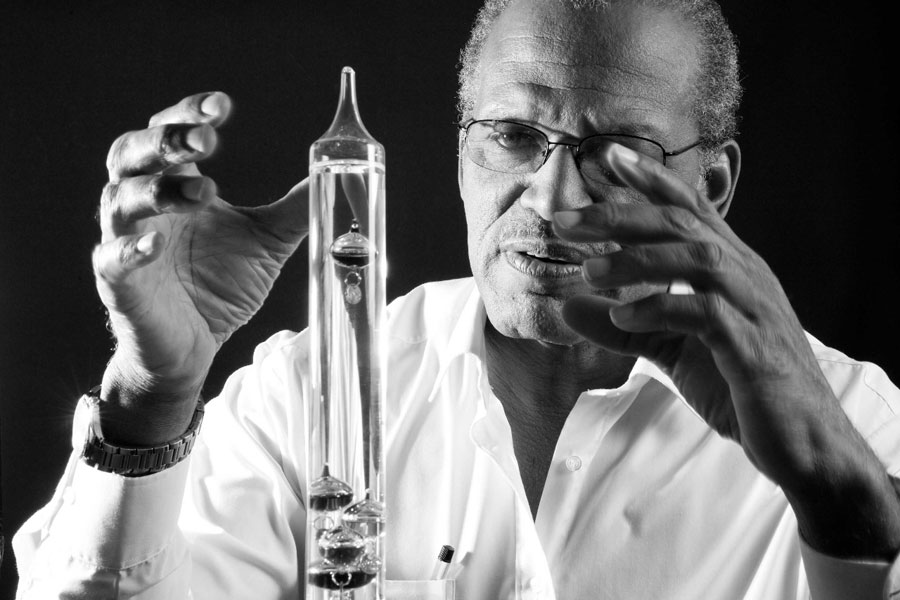Professor Stephan Gift
PROFESSOR
DEPARTMENT OF ELECTRICAL AND COMPUTER ENGINEERING
FACULTY OF ENGINEERING
ST. AUGUSTINE CAMPUS, TRINIDAD AND TOBAGO
Tel: (868) 662-2002 ext 3155 • Email: Stephan.Gift@sta.uwi.edu
PROFILE
In 1973, Professor Stephan Gift was the winner of an AMOCO scholarship to study Electrical Engineering at UWI. He graduated with First-Class Honours, and placed second in his class, overall. He was awarded a UWI postgraduate scholarship and completed his doctoral degree in Electrical Engineering at age 24, the youngest PhD graduate in the Faculty’s history. Professor Gift later became Head of Research and Development at TSTT where he directed the development of advanced electronic systems and holds one international patent. He currently conducts research in science and engineering in the Department of Electrical & Computer Engineering and has published over 50 papers in international peer-reviewed journals. He has developed several new electronic systems and in a series of papers has challenged Einstein’s theory of relativity. He is also the first person in his department to be promoted to the rank of Professor. Professor Gift has received many awards including the Young Innovator’s Award in 1986, the UWI Guild of Graduates Pelican Award for Excellence in Science and Technology in 1993, the Prime Minister’s Special Award of Merit for Innovation in the Field of Electronics in 2002 and Friends of the Tobago Library Committee Individual of the Year Award for 2006 in recognition of outstanding contribution in Science.
RESEARCH INTERESTS
Professor Gift’s research interests include the design of electronic systems such as active filters, instrumentation amplifiers, current and voltage amplifiers and precision rectifiers. In the last five years he has had over 20 international refereed journal papers published. He also conducts research on the science of engineering and the nature of space, time and the fundamental forces. This work has yielded a new model of the electron that explains why electrons and protons have the same charge magnitude, as well as a new theory of magnetism that for the first time accounts for chemical reactivity, covalent bonds and the solidity of matter.
